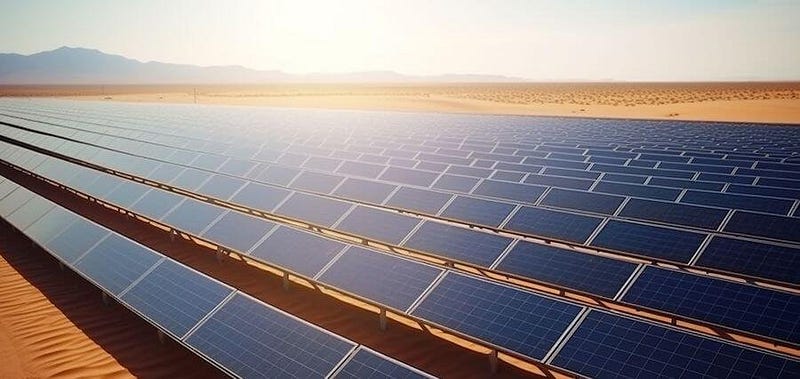
The recent couple of decades have witnessed phenomenal developments across the world. The impact of modernization, coupled with the need to progress and adopt new business practices, led to developments in several Arab countries.
With the aid of digital transformation, the Arab world has seen incredible growth and change in every area. With the goal of establishing an inclusive and sustainable digital economy for their residents, numerous governments and towns in the region have started to implement ambitious smart city plans. This conference examined the most recent advancements and effects of the Arab digital revolution. It also examined the idea of the circular economy and how it contributes to urban sustainability.
Emerging Business Hub
Dubai City was developed with the objective of offering multiple business opportunities and providing customers and visitors with a world-class experience that was beyond their satisfaction. From duty-free shopping to modern traveling pleasures, and from hosting international fairs to mobilizing swift trade in several industrial sectors, the UAE government offered an out-of-the-world combination of business and pleasure.
Sustainable Initiatives

Several Gulf nations were quick to adopt sustainable practices in business, industry, power generation, travel, and transformation. Preventing pollution of water resources, such as groundwater and wetland ecosystems, by developing new technologies for water desalination, rainwater collection, recycling, and reuse, as well as by encouraging the development of alternative water sources, Rainwater harvesting, planned sewage treatment, and water recycling systems were some of the initiatives implemented in these water-scarce regions.
Indoor vertical gardening, drip irrigation through playhouses, and other initiatives in agriculture have supported mitigating local food production.
The League of Arab States, also known as the Arab League, established the Pan-Arab Strategy for the Development of Renewable Energy, 2010–2030, at the third Arab Economic and Social Development Summit in 2013. This laid the groundwork for regional cooperation to promote the deployment of renewable energy in the Arab world. The leaders of the region pledged to raise the installed capacity of renewable power generation from 12 gigawatts (GW) in 2013 to 80 GW by 2030.
Using the Arab League’s guidance and in response to their aspirations for renewable energy, the International Renewable Energy Agency (IRENA) collaborated with the League and the Regional Centre for Renewable Energy and Energy Efficiency (RCREEE) in Cairo to support this strategy by identifying a series of actions to increase investments in renewable energy. These projects are included in the study “Pan-Arab Renewable Energy Strategy 2030: Roadmap of Actions for Implementation,” which was approved by the Arab Ministerial Council in September 2014. The roadmap featured the Pan-Arab Clean Energy Initiative (PACE), a regional program that attempts to encourage the Arab region’s power grids to use higher percentages of renewable energy.
Through the development of a multi-year action plan, which was approved by the Arab League Technical Committee in September 2017 for submission to the upcoming Arab League Electricity Ministerial for endorsement and implementation, IRENA has worked with the Arab League, RCREEE, and other important regional partners to support Arab States in their implementation of the PACE initiative through a phased approach.
In 2019, the Bahrain Economic Development Board (EDB) and the World Economic Forum collaborated to identify 100 Arab startups that will be driving the Fourth Industrial Revolution. This expands upon the initiative’s 2017 launch success. The entrepreneurs will get access to a specially designed program during the World Economic Forum on the Middle East and North Africa, which will be held in the Dead Sea, Jordan, on April 6–7, where they will talk with business and government leaders about the future of their respective industries.
Entrepreneurs in the Middle East and North Africa are coming up with creative solutions to use technology to address the societal issues raised by the Fourth Industrial Revolution. These entrepreneurs need to be recognized, supported, and encouraged by investors, corporate executives, and legislators. A fantastic approach to getting these stakeholders together and talking about the prospects in the region and beyond is through the 100 Arab Start-ups program. The World Economic Forum and the Bahrain Economic Development Board (EDB) are excited to be working together to find the 100 Arab start-ups that will shape the future.
For More Details: https://arabianworldmagazine.com/



























